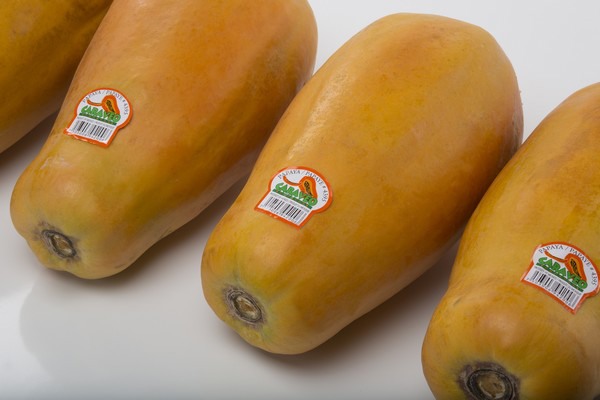Supplies of papaya are steady currently as the fruit comes out of a peak production cycle.
“I think it’s going to get tighter for supplies as we go into the next couple of weeks,” says Edgar Millan of Caraveo Papayas in the Bronx, NY. He notes that the majority of supplies come out of Colima, Mexico. Guatemala is also supplying the tropical fruit to the U.S. market.
At the same time, demand is steady as well for papaya. “People know that papaya is a healthy product and that’s been reflected in the demand for it,” says Millan. “I also think though that there’s a lot of room to grow demand. There are a lot of people who don’t know about papaya.”
This leaves pricing solid and steady for papaya. “The supplies are steady and that’s helped put in place some promotions in the supermarkets for papaya,” says Millan. “The price was higher a few months ago but as the supplies got steady, the pricing got more comfortable.”
Guides and training
As North American consumers become more interested papaya, the papaya growing industry is working on strengthening its food safety practices. Last month, the government officials from both the U.S. and Mexico, along with the Texas International Produce Association (TIPA) and the United Fresh Produce Association (UFPA) have created the “Food Safety Best Practices Guide for the Growing & Handling of Mexican Papaya, First Edition.” Accompanying the guide was virtual training which targeted growers and handlers of Mexican papaya to “bring the entire industry up to a higher base-line for food safety and minimize the potential of a future outbreak” notes TIPA.

“Many years ago, food safety was a plus when handling items but now food safety is mandatory,” says Millan. “If one supplier has a problem, the whole industry is affected so we’re trying to bring everyone together to follow good practices and make sure that papaya is safety for consumption in the U.S.”
For more information:
Edgar Millan
Caraveo Papayas
Tel: +1 (718) 617-2213
edgarmillan@caraveopapayas.com
http://www.caraveopapayas.com/
